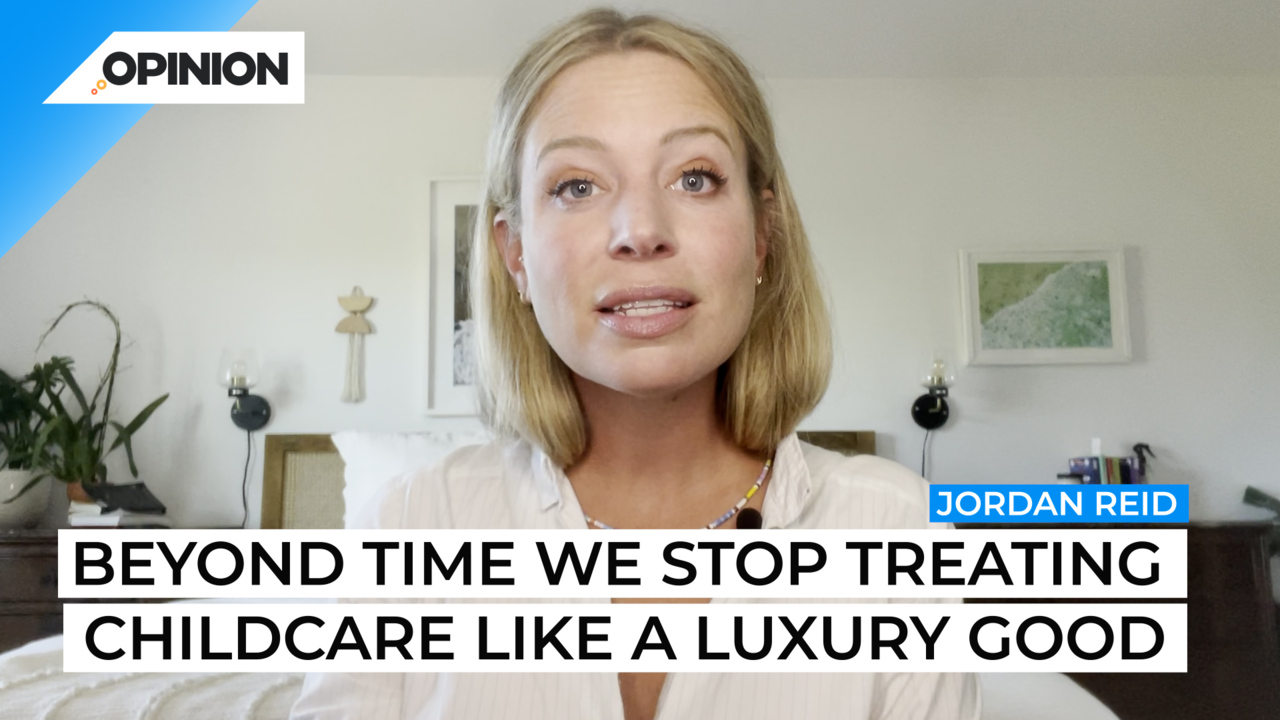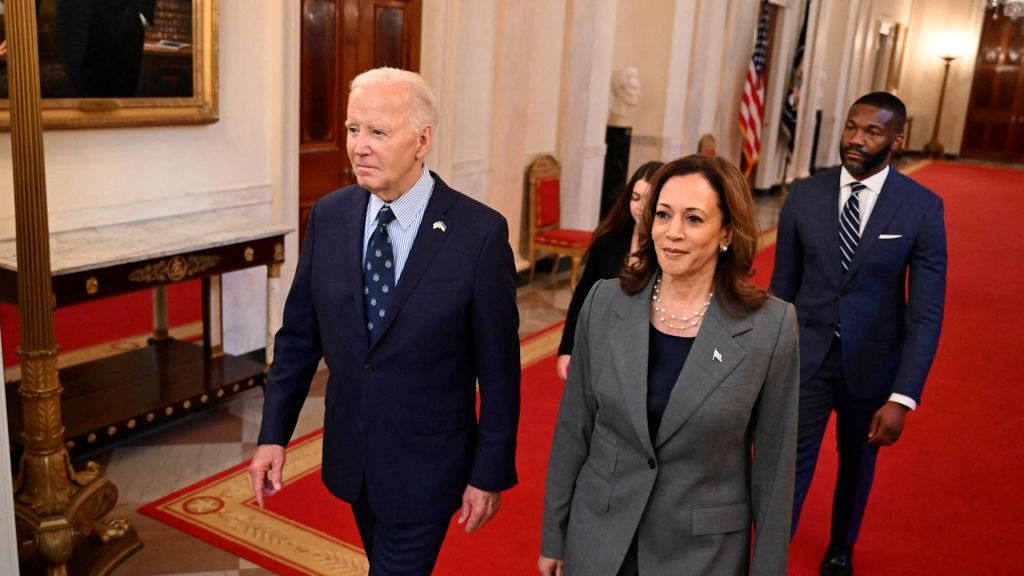
Commentary
-
Our commentary partners will help you reach your own conclusions on complex topics.
In my 20s, I briefly worked as the human resources director of a mid-sized law firm. In this capacity I had to do many things I didn’t enjoy – among them instruct professionals twice my age and with vastly more experience on wildly important problems like whether their footwear was acceptable in an office setting (that went over well) – but there’s one job I was tasked with that I will never forget: Helping one of the secretarial staff, who had found herself unexpectedly pregnant, figure out what to do next.
The woman was not married or in a domestic partnership. She didn’t not want the baby, but it certainly hadn’t been planned. I went over the family paid leave policy – I can’t recall exactly what it was, but I want to say it was four weeks of paid leave, which isn’t exactly a moment when most postpartum women feel good and ready to leave their infant and go back to the office, but not working also wasn’t an option. Together, we googled local childcare facilities, and quickly determined that full-time childcare would cost almost exactly the amount of money that she was bringing home after taxes.
She would, in other words, be working for the sole privilege of having someone else watch the child she wanted to be watching. Food and shelter, apparently, would have to be luxuries.
This is an obviously impossible situation. Impossible. It’s one that countless women have confronted after having a baby – myself included. I was personally lucky enough to work from home at the time when I gave birth to my children, and it was insanely hard, but also an insane privilege, because it was possible – the only one who suffered was me. And I did suffer: From lack of sleep, from lack of community, from the overwhelming guilt anytime I was pulled into a meeting and had to hand my child over to someone to whom I was paying money I didn’t really have.
The childcare system in this country is broken. And now, with inflation skyrocketing, it’s about to get worse, if that’s even possible. Child care facilities all over the country are raising their rates to account for operating costs – food, rent, power, supplies, and salaries – that have gone up 30, 35 percent. The industry is also suffering from a labor pool that decreased by over 11% during the pandemic, even as 9% of facilities nationwide closed and the median wage of childcare workers hovered at just over $13 an hour.
Childcare workers cannot afford their jobs. Childcare centers cannot afford their facilities. The only solution appears to be raising prices that were already unaffordable for parents in the first place. Mothers have left the work force in droves, accounting for 88% of the jobs lost in the pandemic, and it’s not surprising when you consider that conversation that I had in my office so many years ago. What better options do they have?
It is beyond time that we – voters and our representatives – stop treating childcare like a membership to Equinox – nice for those that can swing it – and start treating it like what it is: A public good, no less essential than a local fire department or public school, and equally deserving of government funding.
-
Project 2025 is Trumpism on steroids
President Trump has already taken several actions that align with Project 2025, a far-right blueprint for Trump’s second term developed by the Heritage Foundation. Among other intiatives, his administration has moved to eliminate DEI programs, reinstate service members dismissed for refusing the COVID-19 vaccine, and revive “Schedule F,” a policy making it easier to fire… -
Trump wastes no time marginalizing vulnerable communities
On Jan. 20, President Trump gave an inaugural speech after starting his second term, promising to bring the U.S. into a “golden age” and saying he wanted to be remembered as a “unifier.” After that speech, Trump signed 26 executive orders over the rest of Inauguration Day alone, some of them highly controversial and divisive,… -
LA needs your help, not your political commentary
It’s been one week since a series of wildfires began in Los Angeles, California that has since claimed at least 25 lives and forced at least 92,000 residents to evacuate. Firefighters estimate that they’ve still only contained as little as 17% of the Palisades Fire, and warn that very high winds might continue feeding the… -
What will Melania do in Donald Trump’s 2nd administration?
For generations, U.S. presidents‘ first ladies have had the opportunity to make significant contributions to American society. Abigail Adams advocated for women’s rights, while Eleanor Roosevelt championed civil rights. Betty Ford and Rosalynn Carter brought attention to substance abuse and mental health awareness. Hillary Clinton worked on health care reform, and Michelle Obama led health… -
Prepare for the public debate on assisted suicide
Assisted suicide is a controversial new subject in political debates around the world. Modern medical technologies enable humans to end their own lives quickly and painlessly, with dignity and on their own schedule, which advocates say is often a better option than spending many years suffering in debilitating pain from terminal, uncurable illnesses. Two-thirds of…
Latest Opinions
-
 Getty Images
Getty Images
FBI agents sue Trump DOJ over list of agents involved in Jan. 6 cases
-
 Getty Images
Getty Images
Lakers introduce Luka Doncic, Mavericks welcome Anthony Davis
-
 Getty Images
Getty Images
Agencies removing data after Trump order sets off 'scramble'
-
 Getty Images
Getty Images
Trump suggests 'long-term ownership' by US of Gaza Strip
-
 Getty Images
Getty Images
Trump to sign executive order barring trans women and girls from female sports
Popular Opinions
-
In addition to the facts, we believe it’s vital to hear perspectives from all sides of the political spectrum.






